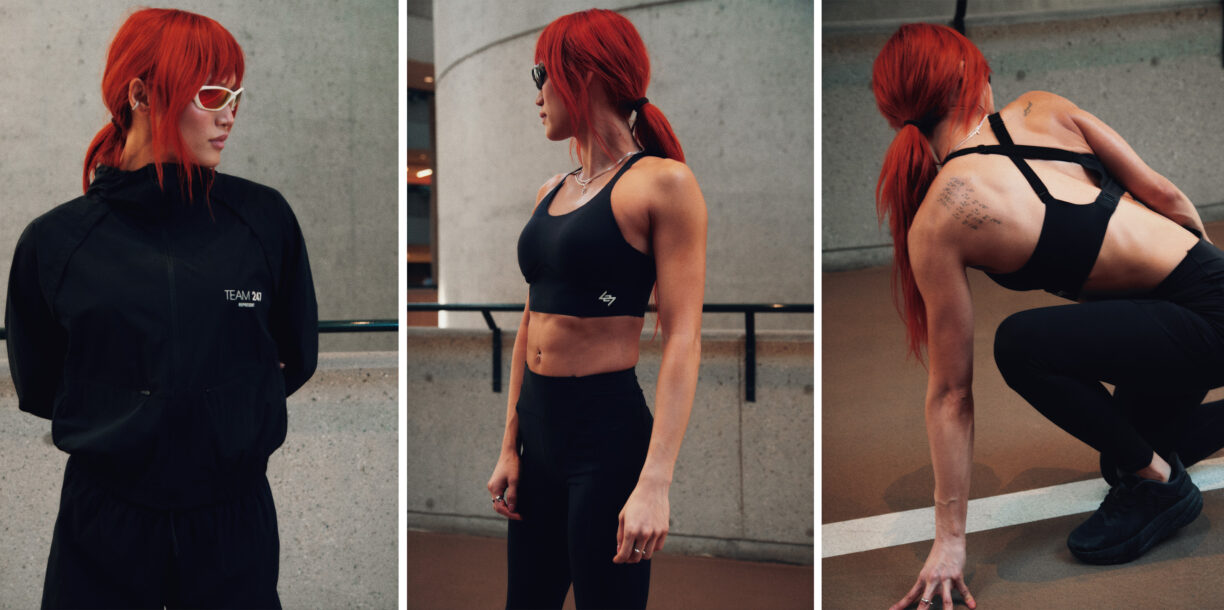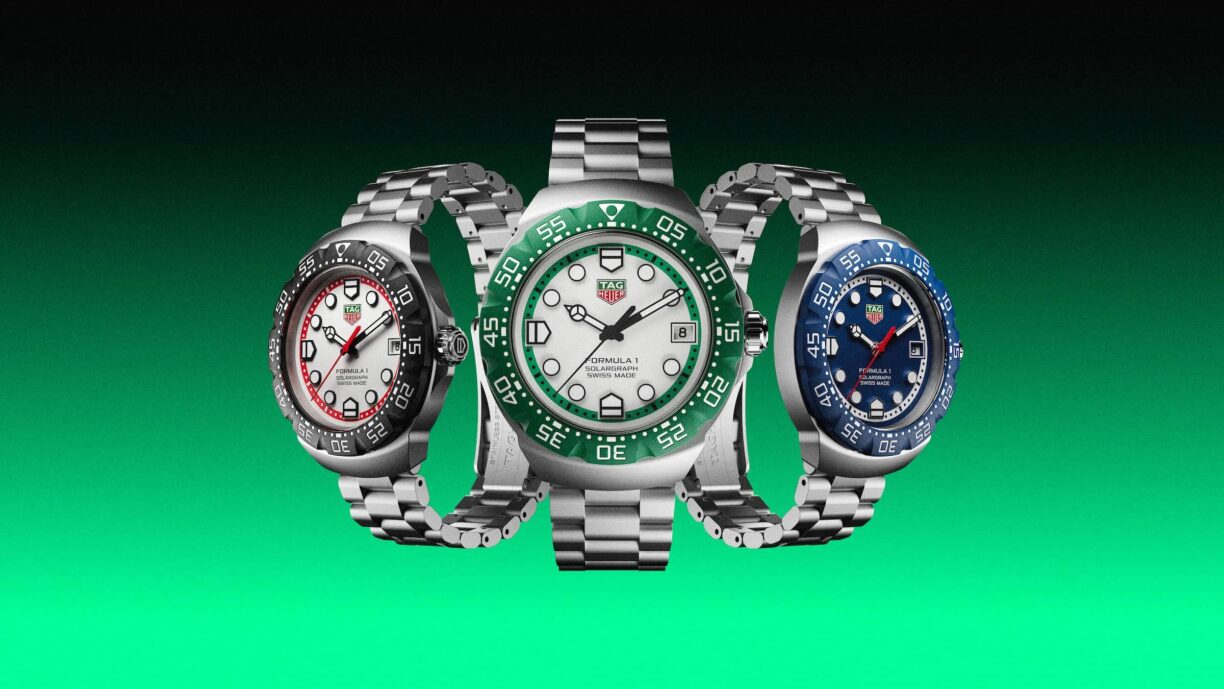Sustainability has become an increasingly important issue for consumers in recent years, and the fashion industry is no exception to this.
More and more men are coming to realise that their shopping habits and clothing selections have an impact on the environment and that by making better choices, individual consumers can do their bit to protect the planet.
By choosing more clothes made from sustainable fabrics, supporting brands committed to environmentally friendly practices, and taking better care of their existing wardrobes, men can minimise their carbon footprint and support the move towards sustainable fashion.
Here I take a dive into what sustainable fashion looks like for men, so you can make an informed decision about where your money goes.
By doing so, not only can you do your part to reduce your environmental footprint, but you will also benefit from fashionable apparel that lasts longer!
What is sustainable fashion, and why does it matter?
In a world grappling with the consequences of climate change and environmental degradation, sustainable fashion has become increasingly vital.
At its core, sustainable fashion calls for a transformative approach to the production, consumption and disposal of garments, with the aim of minimising the industry’s ecological footprint.
The aim of the movement is to steer consumers towards habits such as ethical sourcing, upcycling, zero-waste production and support for fair labour practices, moving the world away from fast, disposable fashion towards an era of responsible consumption that prioritises the planet’s wellbeing.
The need for concerted improvement efforts on this front is self-evident. It is estimated that the global apparel market generates 92 million tonnes of textile waste each year, or the equivalent of a full truckload of clothes being dumped in a landfill every second.
Collective action is urgently needed to turn this trend around, and sustainable fashion can be a vital part of this, empowering individual shoppers to be part of the solution through their choices.
A UK consumer survey from 2020 revealed that 53% of British men prefer shopping with sustainable fashion brands. The data shows that men are more engaged with sustainable fashion than women are (47%), and suggests that male consumers are ready to vote with their wallets to help protect the environment.
Which fabrics have the greatest impact on the environment?
One of the key factors to consider when shopping for more sustainable fashion is the fabric used in the garments you buy.
There are a number of commonly used fabrics – such as polyester, nylon, rayon and conventionally grown cotton – that are known for being environmentally unfriendly, due to their water-intensive cultivation, the use of hazardous chemicals in their production and the alarming levels of microplastic pollution they cause.
Instead, environmentally-conscious shoppers are opting for plant-based fibres, such as hemp, flax and bamboo. Hemp and flax fibres possess strong durability, pesticide-free cultivation potential and low water consumption, while sustainably-produced bamboo has also proven a popular choice.
Organic cotton has also emerged in recent years as a viable alternative to its non-organic counterpart, offering a significantly lower environmental impact thanks to its minimal use of water and harsh chemicals in cultivation.
By choosing products that utilise these materials, shoppers can help to reduce the environmental impact of their fashion choices.
More sustainable clothes-shopping tips for men
In addition to making more informed decisions about which materials to opt for, there are a number of other ways that men can show their support for sustainability when shopping for clothes:
- Research the brands you choose to shop with; examine their commitment to environmental stewardship and carbon reduction, as well as their workforce practices and supply chain ethics
- Choose durable clothes that will stand the test of time – rather than picking up items that you’ll only wear once or twice, opt for timeless fashions that are versatile and will never go out of style, and products that are sturdy and built to last
- Embrace second-hand stores and charity shops – the clothes sold there may not have been sustainably produced, but by purchasing them second-hand, you avoid making further contributions to the carbon footprint associated with the manufacture of new clothes
- Buy local – by shopping with UK brands and companies that produce their clothing on British soil, you avoid contributing to the pollution caused by larger companies that mass-produce their garments and ship them all over the world
How to make your current wardrobe more sustainable
Sustainable fashion is based on the principles of ‘reduce, reuse, recycle’. This extends not only to the clothes you buy, but also to how you look after the ones you already have.
To foster a sustainable wardrobe, consider the following:
- Rather than buying new outfits, experiment with new ways of mixing and matching your current selection
- Participate in clothing swaps with friends and family to vary up your wardrobe without spending money
- Use eco-friendly laundry practices, such as cold-water washes, air-drying and using gentle detergents
- Reduce your overall amount of washing cycles by waiting until you have a full load of laundry
- Embrace the art of mending old clothes, patching up holes and sewing loose buttons to extend the lifespans of your favourite garments
- Store your clothes with care; allow adequate space and use padded or wooden hangers to keep them pristine and extend their longevity
Why sustainable fashion is worth the commitment
Sustainable fashion is an important trend that has the potential to help save the planet, but it requires effort and commitment from consumers and manufacturers alike.
Brands such as TOFFS exemplify these efforts and the potential benefits customers can enjoy as a result – we produce replica retro sportswear to the highest quality standards, embracing timeless aesthetics to create pieces that can be worn and washed again and again.
All of our products are manufactured by hand in the UK and shipped locally, and we use organic cotton wherever possible to keep our environmental impact to a minimum.
For consumers, supporting sustainable fashion not only serves a moral good, but also helps to save money on clothing expenses, and provides you with a wardrobe full of appealing items that will last you for years to come.
As such, there has never been more reason – or a better time – to take action and embrace this trend, ensuring a healthy and fashionable future for ourselves and our planet.





